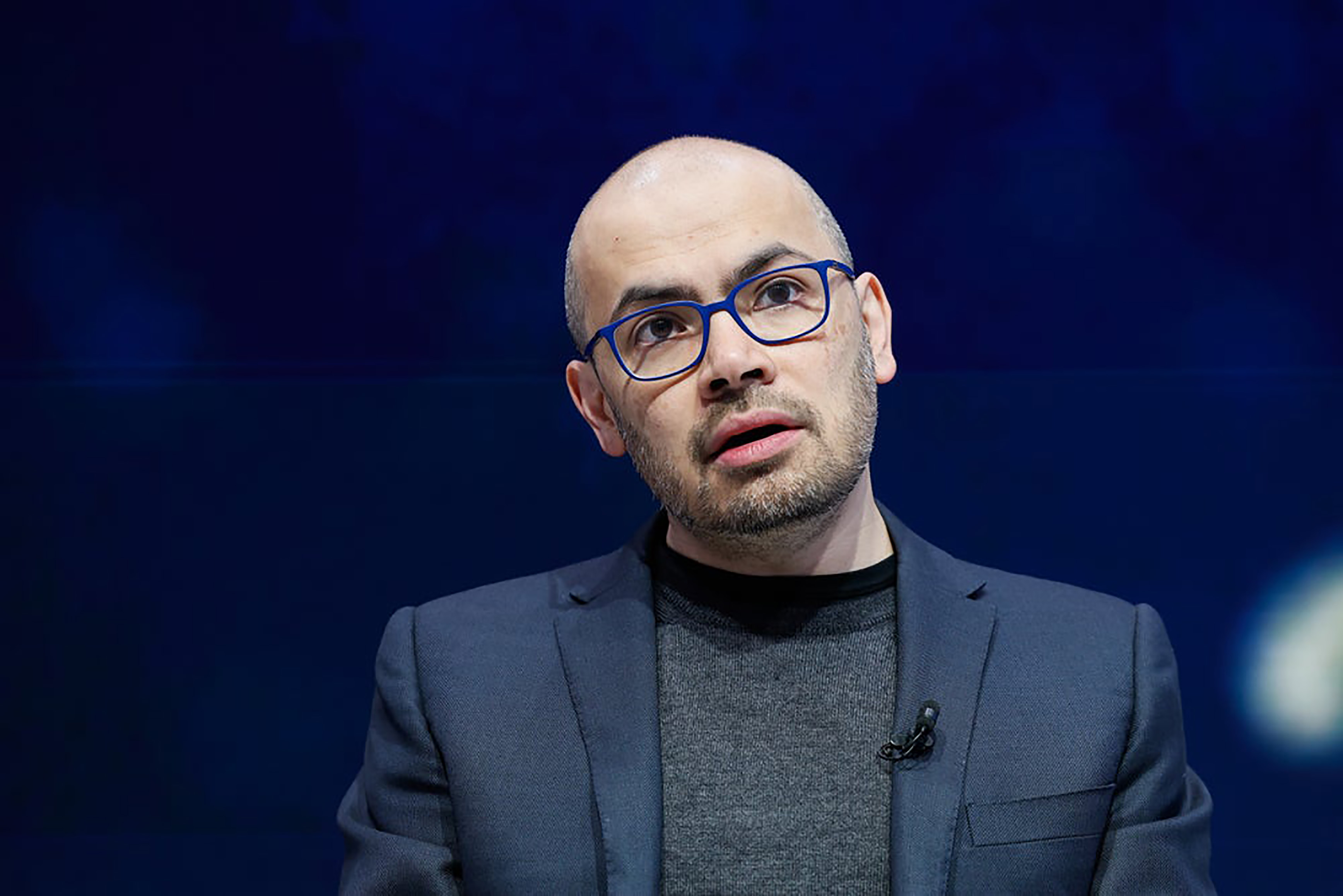
Before he became one of the most powerful men in artificial intelligence, Demis Hassabis was a chess whiz. He started playing the game when he was just four. And at 13 he was already an International Master competing against adults in international tournaments.
But chess for Demis Hassabis was not just a matter of winning. It was about “thinking about thinking itself,” a phrase he used in his recent University of Cambridge lecture. He became hooked not only by the game itself but also by the mental mechanism behind it.
“How does our mind come up with these plans, these ideas?” Demis Hassabis asked during his talk.
That curiosity led him to his life’s work: building artificial intelligence that thinks like humans. And it all started with a simple electronic chess computer.
Demis Hassabis’ first brush with AI wasn’t in a high-tech lab. It was on a plastic chessboard with an embedded computer. The machine could play against him. But the real magic? Someone had programmed it to think strategically.
“I remember being fascinated by the fact that someone had programmed this lump of inanimate plastic to play chess really well against you,” Demis Hassabis recalled. “I was really fascinated by how that was done and how someone could program something like that.”
That moment changed everything. Instead of just playing chess, he wanted to understand how intelligence worked. Soon, he was writing his own AI programs on an Amiga 500, an early home computer.
“I was hooked,” he said. “I knew I wanted to spend my entire career making advances in the field.”
That decision led him to co-found DeepMind in 2010—a company that would redefine what artificial intelligence could do.
Just four years after its creation, Google bought DeepMind for more than $500M. By then, the company was ranked number one in AI research, pushing to the limits of what was achievable.
And then there came AlphaZero—a program that changed chess forever.
Rather than being trained by tens of thousands of human chess games, AlphaZero learned all on its own. Only the basic chess rules were given to it. And then in just four hours, it became the greatest chess player in history.
The AI was not just better than humans. It defeated Stockfish, the world’s best chess engine, too! And it did this with style so elegant and human-like, that even the greatest of grandmasters were amazed.
But AlphaZero was a breakthrough not just for chess. It was proof of concept that AI could out-play any game or problem without any human guidance.
Chess may have been the starting point of Demis Hassabis’ journey into AI, but it was science that got him a Nobel Prize.
In 2024, he and his colleague John Jumper, both Directors of DeepMind, won the Nobel Prize in Chemistry for AlphaFold2, the AI that solved one of the largest challenges of biology: to predict protein structures.
For so long, researchers have tried to figure out how to fold proteins—a problem so vexing it could take years, if not a decade, for one protein only. AlphaFold2 changed that. It could forecast the shapes of nearly all 200 million proteins that exist today in minutes.
The impact? Truly Massive.
The AlphaFold Protein Structure Database has now become the definitive resource for researchers globally, with over two million users in 190 countries. It is speeding up drug development for diseases such as Parkinson’s and antibiotic resistance.
As Demis Hassabis put it bluntly:
“It takes an average of 10 years for a drug to be developed, and it’s extraordinarily expensive, billions and billions of dollars. AI could cut that down to minutes and seconds.”
Demis Hassabis isn’t stopping with AlphaFold2. He has a very clear vision for AI—one that some find exciting, and others disturbing.
He told DeepMind staff based in London on an occasion of private assembly that AI would cross human knowledge ‘in the next decade’.
Such a statement sounded absurd just a few years ago. And from the man who constructed AlphaZero and AlphaFold2? It sounds like a prophecy that the world is taking very seriously.
Demis Hassabis’ path— from chess wizard to AI big thinker— is a testament to how one little kid’s interest can grow to affect the years to come. And if he’s correct about AI, then we are only just beginning.
Share this article: